The draft Law on Public Employees, after being presented to the National Assembly on the morning of October 22nd, continued to be discussed by National Assembly deputies in their respective groups regarding many of the revised and supplemented contents.
Delegate Ha Sy Dong ( Quang Tri ) noted that the amended Law on Public Employees has strongly shifted towards managing public employees based on job positions, clearly classifying three groups of job titles and assigning corresponding responsibilities, powers, and authority, contributing to overcoming the situation of average and scattered employment and salary payment.
According to Representative Dong, the expanded mechanism of autonomy, decentralization, and delegation of power, coupled with accountability for the heads of public service units, is also a step in line with the spirit of administrative reform, salary reform, and the building of a digital government .
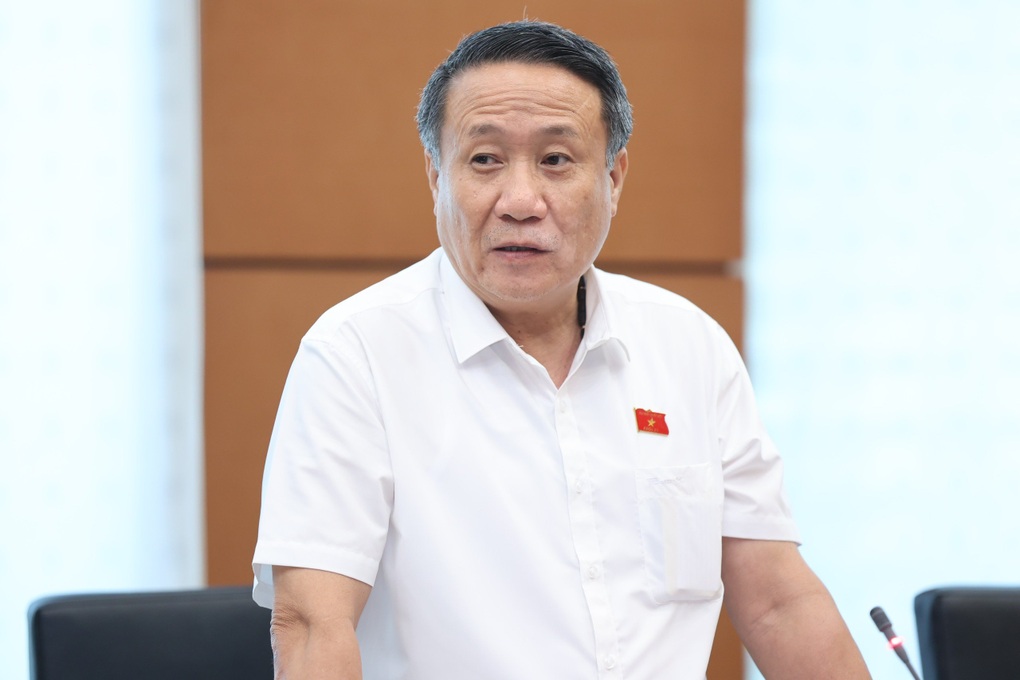
National Assembly representative Ha Sy Dong (Photo: Hong Phong).
In addition, he argued that the new regulations on evaluating and ranking civil servants in a quantitative, multi-dimensional manner, linking results to income and personnel, will help improve transparency and encourage innovation.
The draft law also reflects the spirit of encouraging innovation and creativity by having mechanisms to exclude, exempt, or reduce responsibility for collectives and individuals who dare to think and act for the common good. Representative Dong emphasized that this is an important step in protecting officials who dare to take responsibility.
Commenting further on the regulation allowing civil servants to sign labor or service contracts, contribute capital, or participate in the management of non-public enterprises, the representative from Quang Tri province, while supportive, still expressed concerns about the potential for conflicts of interest.
He suggested that the drafting committee clearly define the reporting and approval mechanisms and the list of prohibited locations, as well as specify the responsibilities of the head of the agency in controlling and handling violations.
"It is necessary to clearly define the criteria, procedures, and approval authority for after-hours professional activities of civil servants; and to have a list of positions that are absolutely prohibited to prevent conflicts of interest," Representative Dong suggested.
Sharing the same concern, delegate Huynh Thi Anh Suong (Quang Ngai) emphasized that allowing civil servants to contribute capital and participate in the management of businesses is an open step that encourages creativity and utilizes the capabilities and intellectual resources of civil servants.
But according to the female delegate, it is very necessary to have specific, principled regulations in the law and clearly state them in the guiding decree on this content.
Regarding regulations on salary payment based on job position, Quang Tri province delegate Ha Sy Dong proposed that the Government promptly issue a new salary framework, specifying the salary range, resources, and implementation roadmap; and also establish a mid-term evaluation milestone to ensure substantive implementation and avoid formality.
The delegate emphasized the need to promptly issue a unified national quantitative evaluation criteria, integrated with the national database on civil servants, linked with the population database and electronic identification, to help reduce procedures and increase transparency.
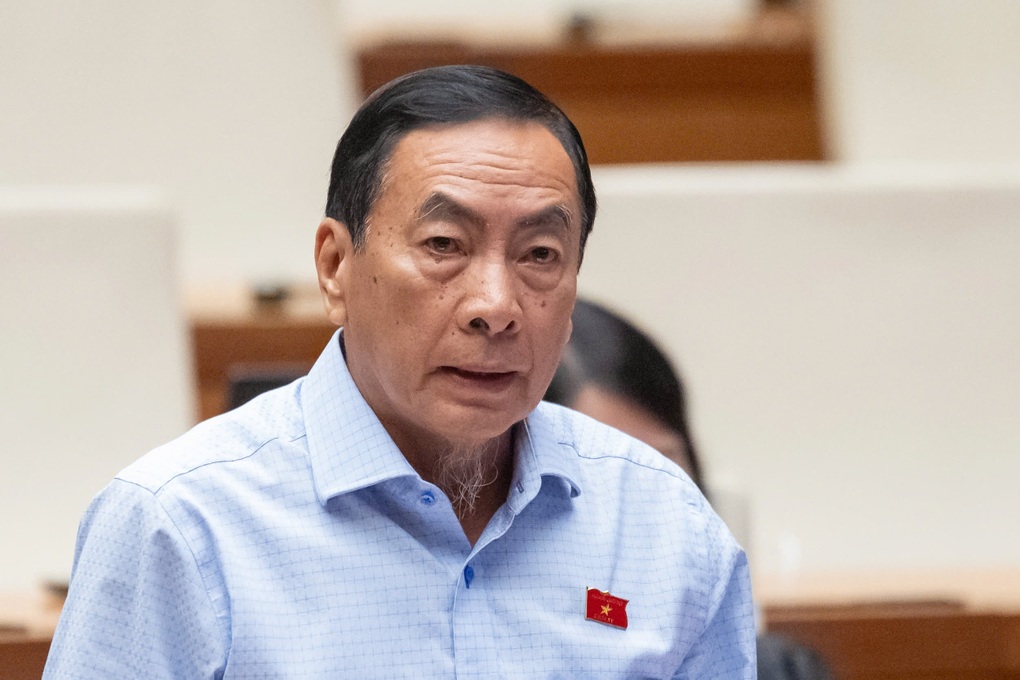
National Assembly representative Pham Van Hoa (Photo: Hong Phong).
In particular, according to him, there needs to be specific regulations on transitional arrangements until July 1, 2027. If an agency or unit has not completed the job placement and the development of a new salary scale, it must report to the competent authority and have a clear plan for rectification.
Regarding the evaluation of civil servants, the draft assigns the Government the authority to provide detailed regulations, but according to Mr. Dong, it is necessary to clearly state the minimum mandatory criteria such as output results, level of task completion, citizen satisfaction index, level of digital transformation, and effectiveness of financial and human resource management.
Commenting on this content, delegate Pham Van Hoa (Dong Thap) supported the direction of simplifying the evaluation procedure. He said that according to the old regulations, there had to be many meetings with many components but it was still a formality, "peace is precious" in evaluating civil servants in the style of "if you evaluate me well, I will evaluate you well".
Therefore, Mr. Hoa believes that the authority to evaluate civil servants under their management should be delegated to the head of the agency or organization, linked to job position and KPIs.
Source: https://dantri.com.vn/thoi-su/de-nghi-som-xay-dung-thang-bang-luong-moi-tra-theo-vi-tri-viec-lam-20251022110521499.htm




![[Photo] Prime Minister Pham Minh Chinh holds a phone call with the CEO of Russia's Rosatom Corporation.](/_next/image?url=https%3A%2F%2Fvphoto.vietnam.vn%2Fthumb%2F1200x675%2Fvietnam%2Fresource%2FIMAGE%2F2025%2F12%2F11%2F1765464552365_dsc-5295-jpg.webp&w=3840&q=75)
![[Photo] Closing Ceremony of the 10th Session of the 15th National Assembly](/_next/image?url=https%3A%2F%2Fvphoto.vietnam.vn%2Fthumb%2F1200x675%2Fvietnam%2Fresource%2FIMAGE%2F2025%2F12%2F11%2F1765448959967_image-1437-jpg.webp&w=3840&q=75)


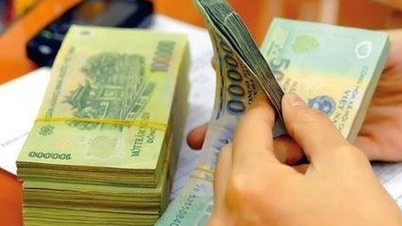
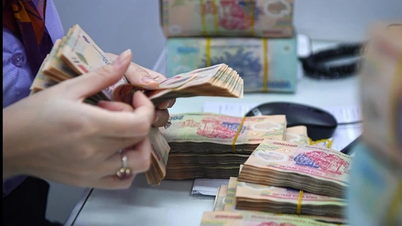
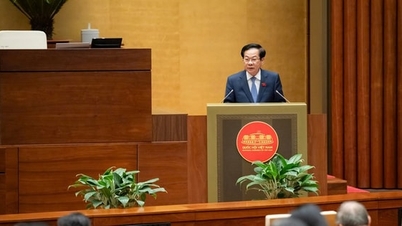

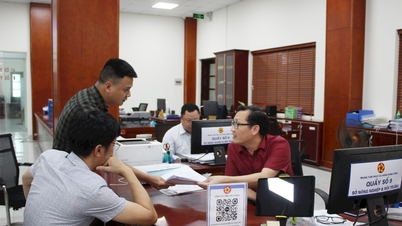



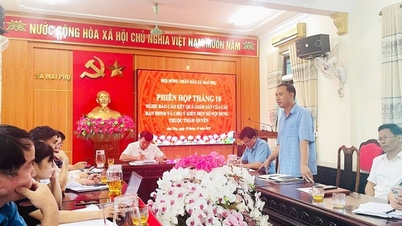

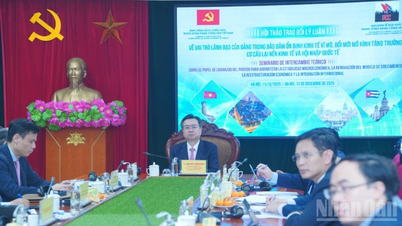

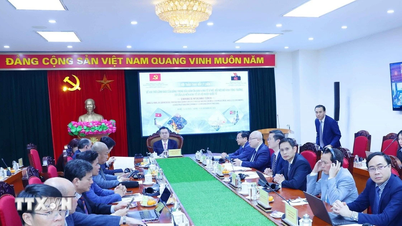

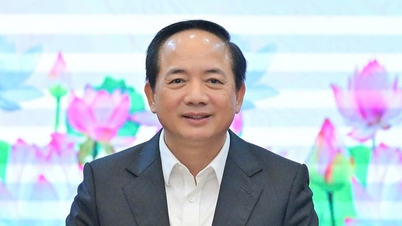

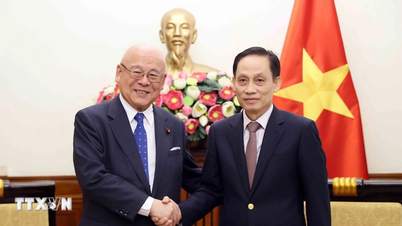
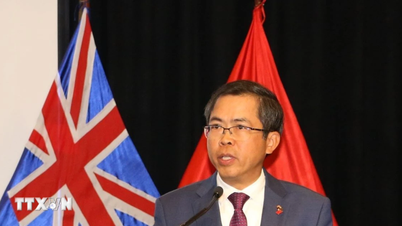







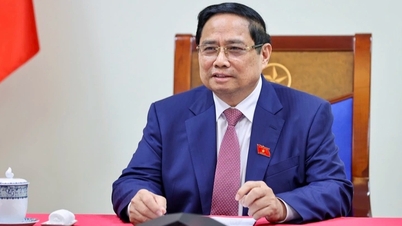
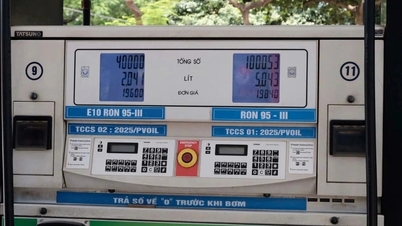






















![[OFFICIAL] MISA GROUP ANNOUNCES ITS PIONEERING BRAND POSITIONING IN BUILDING AGENTIC AI FOR BUSINESSES, HOUSEHOLDS, AND THE GOVERNMENT](https://vphoto.vietnam.vn/thumb/402x226/vietnam/resource/IMAGE/2025/12/11/1765444754256_agentic-ai_postfb-scaled.png)















































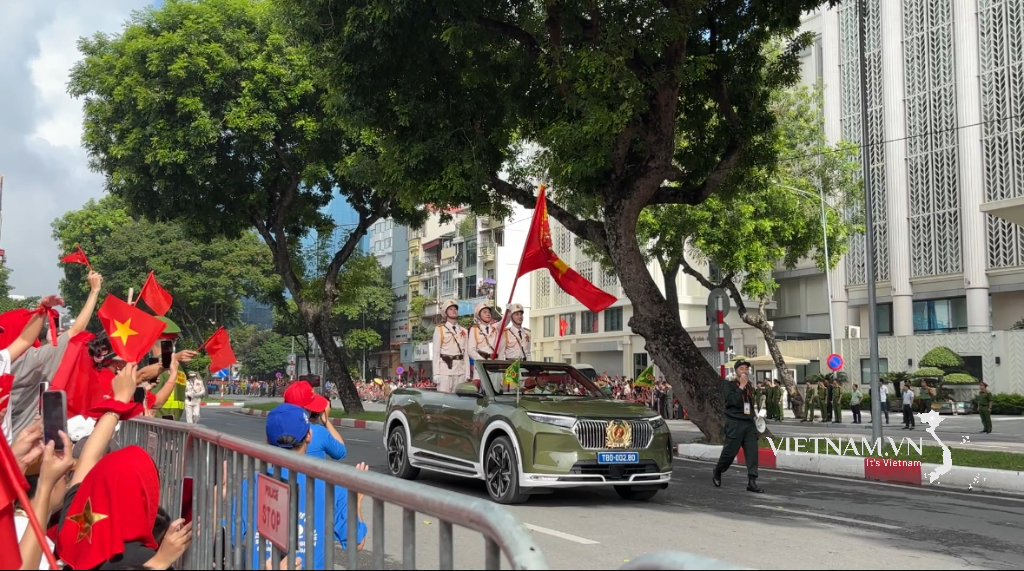



Comment (0)